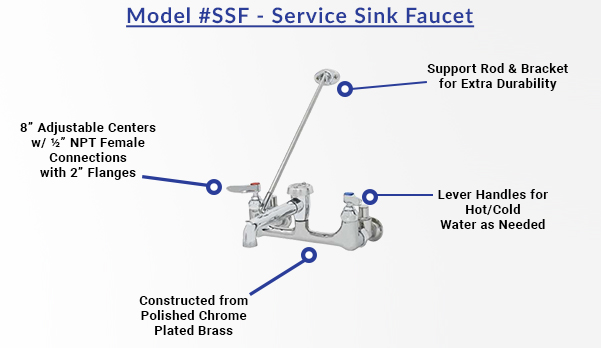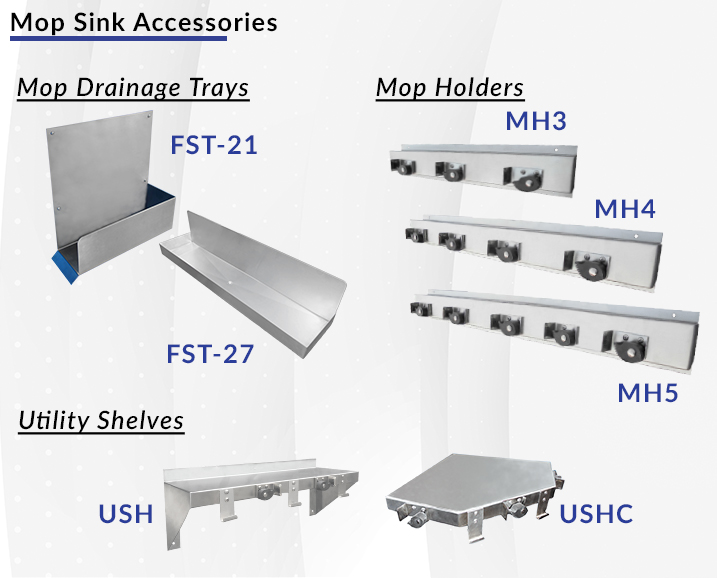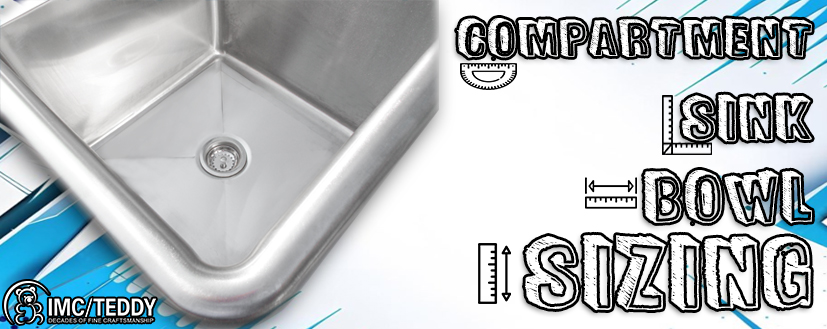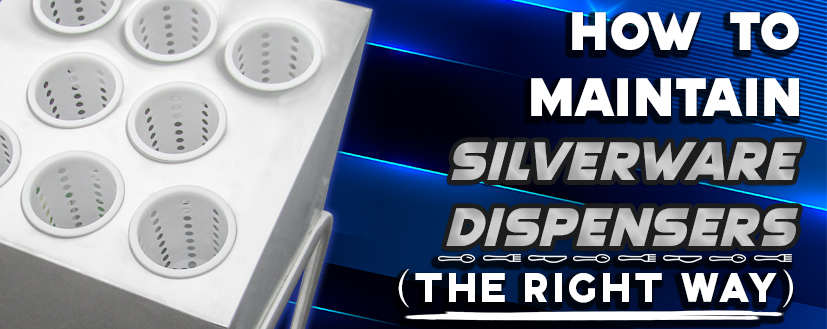Commonly Asked Questions About Mop Sinks

In the world of janitorial equipment, many items are utilized on a daily basis. Mops, brooms, brushes, cleaners & sponges are just a few common ones. However, mop sinks are the big centerpiece that perfectly complements all mopping activities (especially if you are using a big mop bucket). It comes as no surprise that hundreds of varieties of mop sinks exist in the marketplace, so getting a firm grasp on them is certainly a challenge. We are here to clear the air.
In this article, we’ll answer 5 of the most common questions about mop sinks & give you some useful tips on getting the most out of them. Let’s start off with questions #1.
1. I’m Considering a Marble Mop Sink, Why Should I Go With Stainless Steel?
Marble (also known as terrazzo) & stainless steel are two of the most common mop sink materials. Pros & cons exist for each:
Terrazzo
Pros
- Soft, smooth texture
- Cost effective
Cons
- Significant maintenance is required – dirt can hide in the grout lines requiring frequent resealing
- Susceptible to staining & scratching
- Sensitive to harsh cleaners & soaps containing water-solubles
Stainless Steel
Pros
- Resistant to corrosion
- Resistant to chemicals & grime – thanks to the non-porous nature
- Superior durability
Cons
- Higher cost
- Susceptible to fingerprints
Ultimately, the decision will come down to how often you use the mop sink & what kind of chemicals you are subjecting to it. In the long run, stainless steel will provide better value & less maintenance when compared to terrazzo style mop sinks.
2. Do I Need to Purchase a Faucet With My Mop Sink?
The decision is up to you, but a service sink faucet (IMC Model #SSF) provides many benefits. A faucet provides an easy way to rinse your mop head/ bucket regularly. This means more convenience for you & less time wasted. A mop sink paired with a service faucet creates a complete janitorial system.
However, if you are solely using your mop sink for emptying mops, then a faucet will be unnecessary. Here’s a look at IMC’s service sink faucet:

3. How Do I Install a Mop Sink the Right Way?
Installing a mop sink can be more difficult than it looks.
Before we begin, most mop sinks have one of the following drains: a 4″ OD drain or a 2″ IPS drain. Proper installation will come down what type of drain you are dealing with. We’ve written 2 separate guides for each drain. Click here for the 4″ OD installation. Click here for the 2″ IPS installation.
To sum up here, you will need to install a pipe stub for the drain, seal it using plumber’s putty (or a similar sealant) & perfectly align together the mop sink & drain. No gaps must be present at all – which means all gaskets & connections must be secured correctly.
4. What Shape & Size Mop Sink Should I Look Into?
First, check the amount of space you have allocated. Most mop sinks are rectangular or square shaped so be mindful of that. IMC’s smallest mop sink is Model #FS-M, which is 19″ x 21″ x 10½” overall. IMC’s largest mop sink is Model #FS-ADA, which is ADA compliant & comes out to a gigantic 36″ x 36″ x 16″ overall.
A word on corner mop sinks (IMC Models #FS-L, #FS-R, #FS-C) – if you have limited space available, a corner mop sink will come in handy & will open up your floor area at the same time. Here’s a quick rundown of IMC’s mop sinks with dimensions:

5. What Other Accessories Should I Consider?
Creating a complete mop sink package is key to maintaining cleanliness in your facility. With that in mind, we recommend mop drainage trays (IMC Models #FST-21, #FST-27) & mop holders (IMC Model #MH). A handy utility shelf (IMC Models #USH, #USHC) can also be paired with your mop sink for extra storage of cleaning supplies.

IMC understands the importance of facility maintenance & promoting hygiene in the workplace. Mop sinks are the best avenue for to drain dirty water into a contained unit rather than dumping it outside. To learn more about IMC’s utility sinks, click here.





